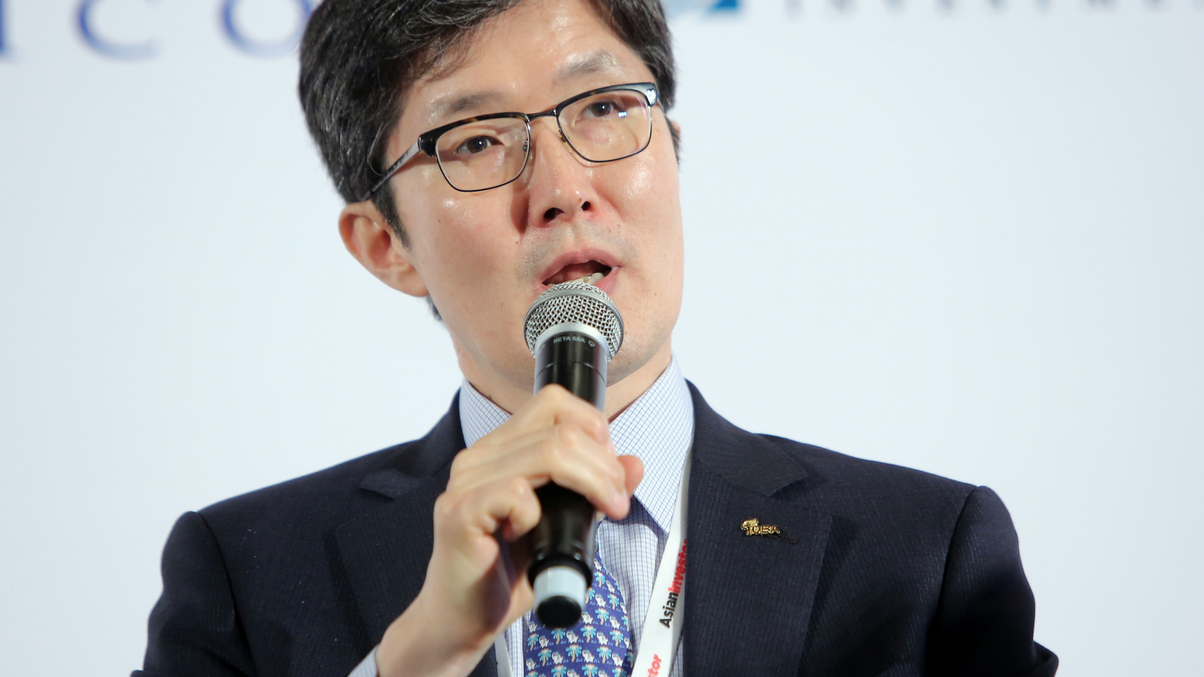Poba finalises PE mandates, KFCCC seeks US property
The Korean pension funds are adding to their offshore investments in order to diversify and improve their returns on mounting asset bases.

The Public Officials Benefit Association (Poba) of Korea is set to name seven private equity companies into which it will invest a total of $300 million via a set of international investments. Meanwhile, the Korea Federation of Community Credit Cooperatives is seeking to invest in US real estate and is eyeing alternatives in China and Japan.
Poba chief investment officer, Jang Dong-hun, told AsianInvestor that his division would finalise the winners of the seven mandates by next week.
Six of the seven mandates are split between the US and the eurozone and denominated in the respective currencies of each location. They comprise private equity mandates, mezzanine debt mandates, and co-investment mandates for each region.
In addition, Poba is set to assign a manager to operate a secondary private equity fund on its behalf.
Jang said the fund manager has narrowed the likely winners down from a first-round bidding process of 58 funds in April to just 12 in the second round. “We already chose seven funds last week and will finalise next week after a round of due diligence,” Jang said. He declined to reveal the identity of the winning funds.
The private equity mandates mark the latest efforts by the Korean pension fund to diversify assets into alternative investments and offshore markets, as it seeks to ensure decent long-term returns for its growing asset pool. As of late 2016, approximately 47% of Poba’s assets were in alternative asset classes.
Last year, the company launched a beauty parade for a $50 million investment into insurance-linked securities. It also issued mandates for private debt investments early this year.
The need to add further investments comes as the pension fund continues to accumulate assets, both through more contributions and successful investments. In early May, Poba’s assets under management hit W10 trillion ($8.8 billion), reaching double-digit trillion won figures for the first time.
“It was a momentous number, and we had expected it to come later,” Jung said. He said Poba’s AUM had risen faster than anticipated because its local and offshore equity investments performed well over the second half of 2016.
KFCCC’s property plans
Poba is not the only Korean asset owner seeing its asset base increase and looking for other investment possibilities.
KFCCC’s CIO Jeung Jae-ho addressed AsianInvestor’s 12th Asian Investment Summit (AIS) on Wednesday, asking fund manager members to get in touch as the pension fund looks for diversification ideas.
KFCCC has $130 billion in AUM, of which Jeung’s division oversees $47.5 billion that is invested into fixed income and alternatives.
He told the AIS audience that his division has looked into several broad areas of investment. One was US real estate, an area Jeung said he reconsidered after arriving in Washington in late April with the intent of selling the Harbor Building, situated close to the White House, which KFCCC owns.
“I was surprised to see the [health of the] economy of the US, and I changed my mind and asked team to keep the building one or two more years,” Jeung said. “Simultaneously I asked them to buy another building in 42nd Street in New York. As long as US economy is good I think real estate offers good opportunities.”
KFCCC has other plans too.
One is to raise its stake in Woori Bank from 6% to 10% this year, ahead of a likely privatisation in late 2017.
Another is to look towards possible alternatives investments in China and Japan as well as at healthcare and medical devices companies, as the pension fund aims to benefit from the very factors leading to a rise in its pension assets — an aging population.
“IT companies [such as] Samsung can be good medical device [manufacturing] companies so I am putting money towards such companies,” Jeung said. He declined to offer specifics on his investment ideas, noting that his organisation is conservatively run.
NPS to end inertia?
Korea’s leading pension company, the National Pension Service (NPS), could also look to assign more mandates in the coming months after the country’s presidential election concluded on Tuesday with a win for liberal candidate Moon Jae-in.
It is hoped that the appointment of Moon, following the impeachment of former president Park Geun-hye, will clear the way for the scandal-tainted NPS to gain a new head and free up its ability to invest.
Moon won the Korean presidency in part by pledging to improve shareholder rights and corporate governance, after a scandal linking Park and a confidante to bribery from several Korean companies, including Samsung Group, led to her impeachment.
NPS chairman Moon Hyung-po (no relation to the new president) was linked to the scandal. He was arrested in December over alleged irregularities over NPS’s decision to vote in favour of the merging of two Samsung subsidiaries in 2015, when he was the minister of health and welfare overseeing the pension fund.
Additionally, prosecutors launched an investigation into the allegations of corruption at the fund, which included interviews with several members of the investment team, who were instructed not to leave the country.
Sign in to read on!
Registered users get 2 free articles in 30 days.
Subscribers have full unlimited access to AsianInvestor
Not signed up? New users get 2 free articles per month, plus a 7-day unlimited free trial.
¬ Haymarket Media Limited. All rights reserved.


